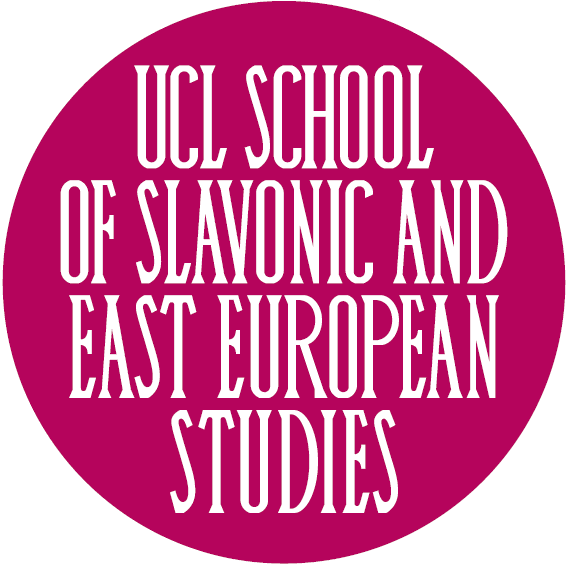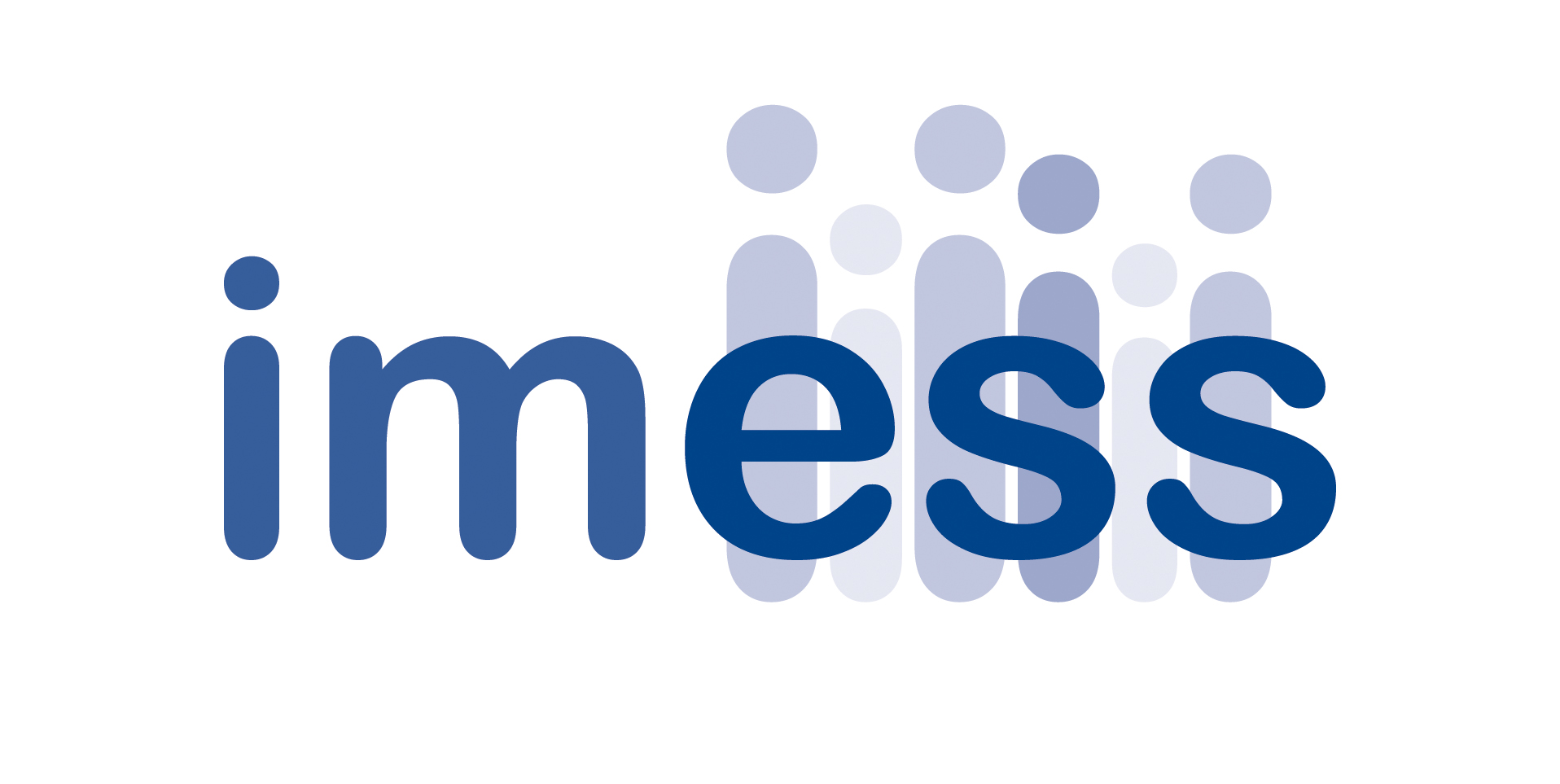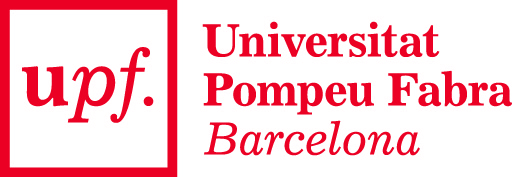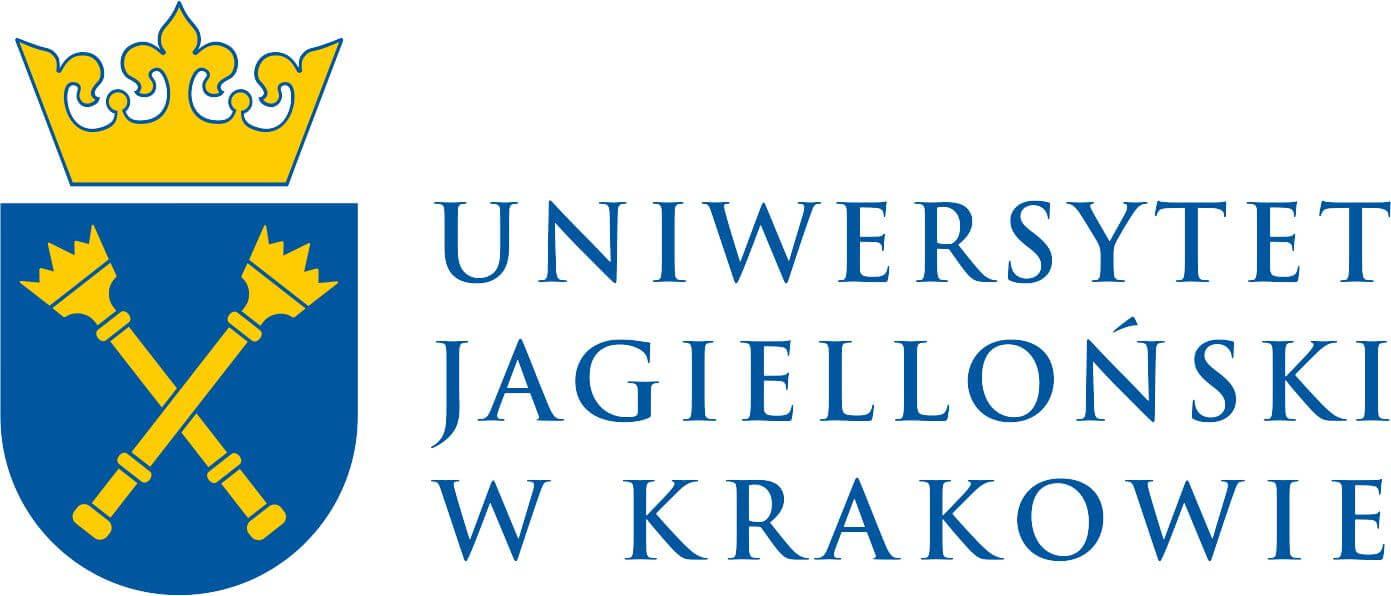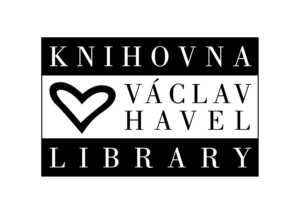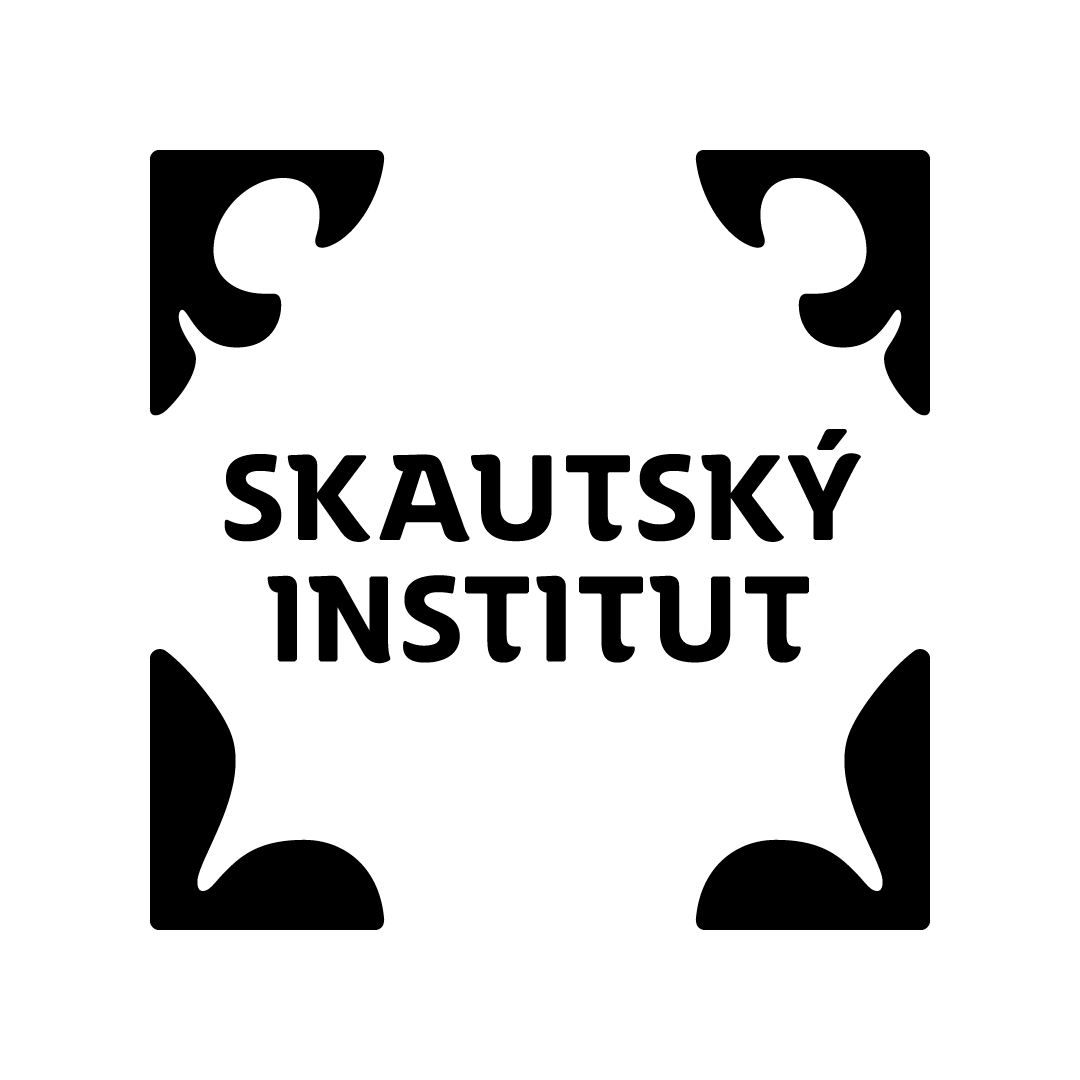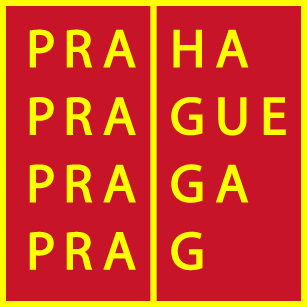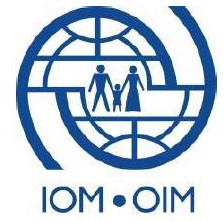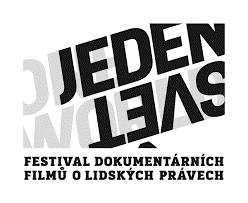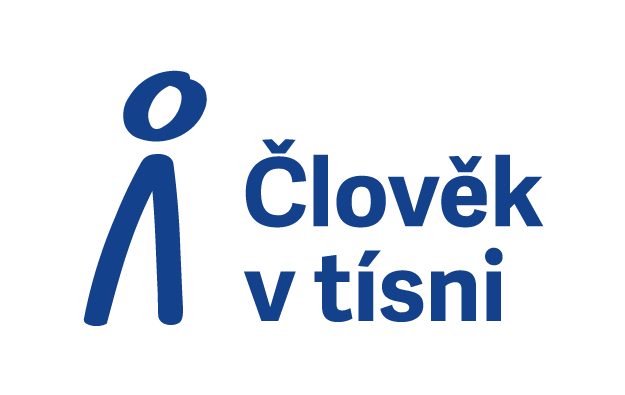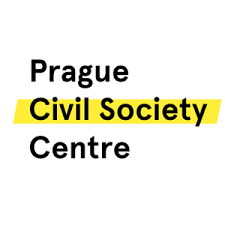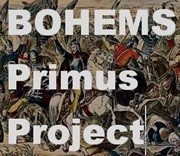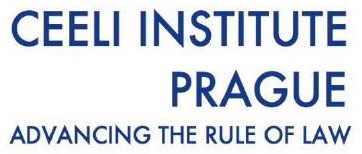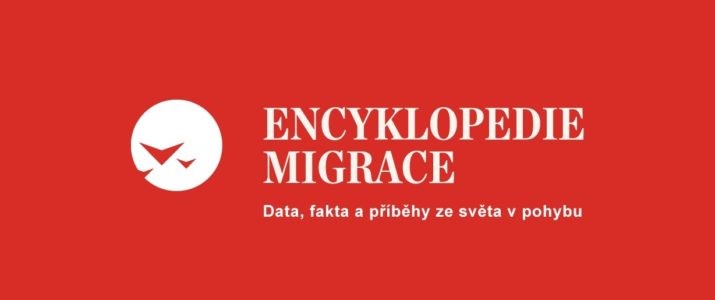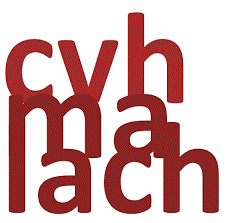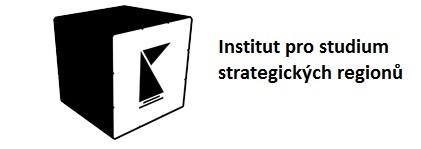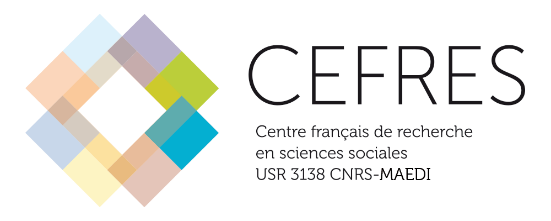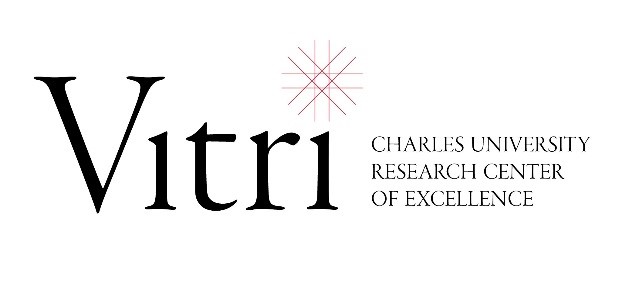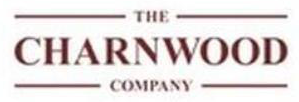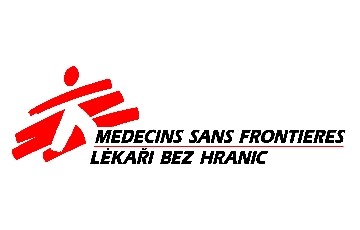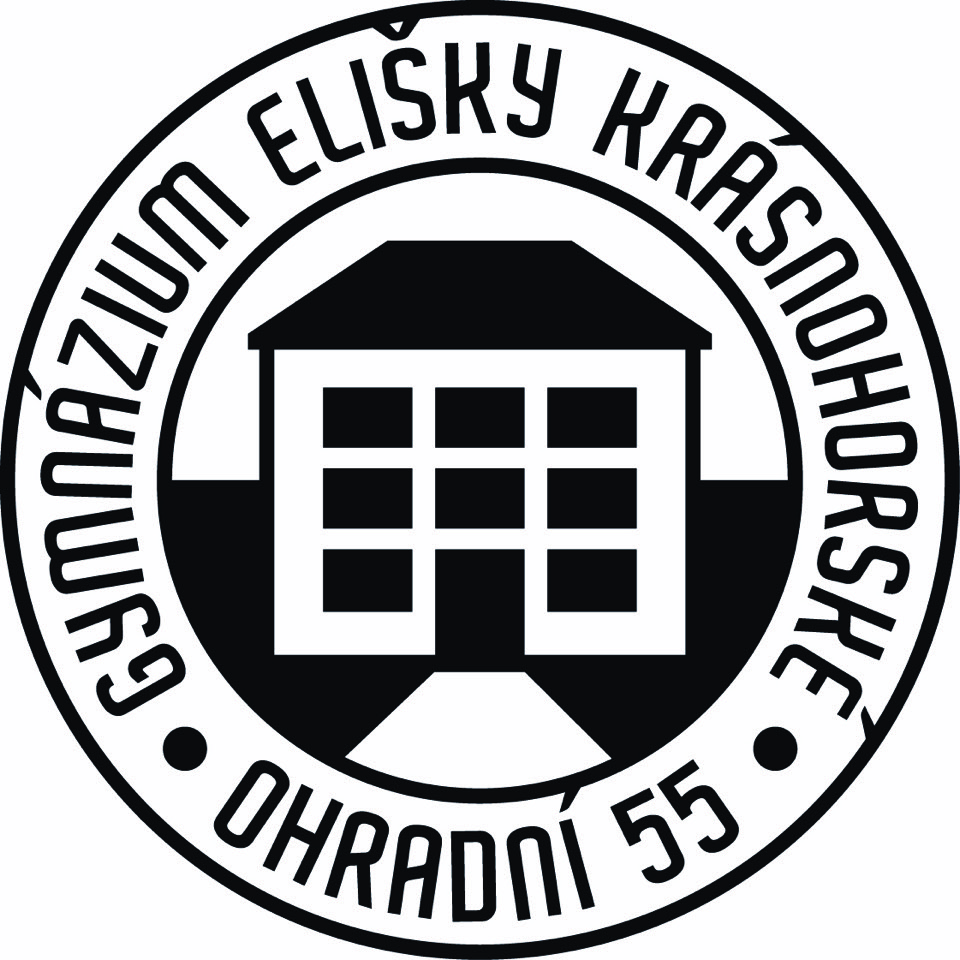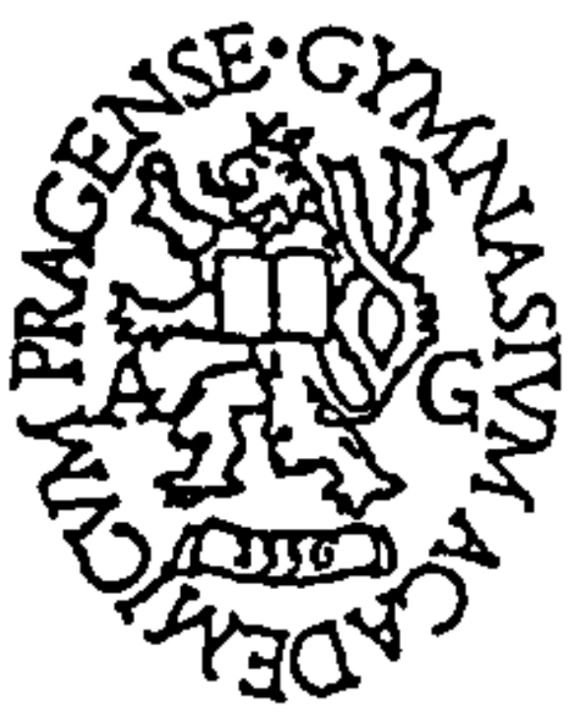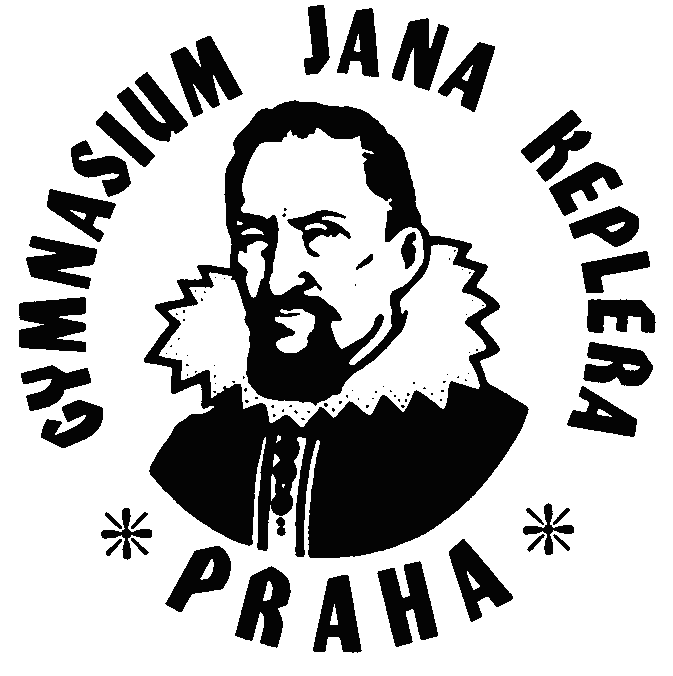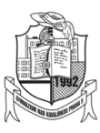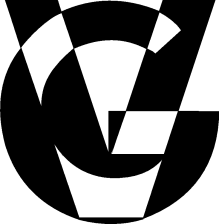Memory studies
RESEARCH CENTRE FOR MEMORY STUDIES (RCMS)
Leader: Kateřina Králová
The Research Center for Memory Studies (RCMS) at Charles University´s Institute of International Studies deals with a wide range of topics in the field of memory studies and (non)hegemonic narratives: from memory politics and the representation of memory in public spaces to ways of processing traumatic memories. One of the main aims of the RCMS is to stimulate and develop discussion on new research questions and methodological approaches in memory studies. The center has successfully built an international academic community within which it promotes international dialogue on memory. The RCMS is part of a network of memory centers within the Association for Memory Studies. In 2025, the Alexander von Humboldt Foundation supported RCMS with the Humboldt Alumni Award, thanks to which we have established the international Humboldt MemoNet network, which connects important research centers in Europe and enables more effective exchange of knowledge and development of mentoring.
Members
|
Members of the Humboldt MemoNet
|
Advisory Board
|
Selected projects
- Displacement and (Post)secular Memory: Contemporary Crises and Historical Legacies in Southeastern and East-Central Europe" (MEMCRIS), GAČR-NCN 26-19867L – co-leader (2026-2028)
- “Margins of Memory Research Network", Leibniz ScienceCampus Europe and America – Regensburg, co-investigator (2025-2027)
- Humboldt MemoNet: International Network of Memory Centres. Fostering Collaboration, Exchange, and Mentorship in Memory Studies
- 2025 MSA Prague Conference
- CA20105 - Slow Memory: Transformative Practices for Times of Uneven and Accelerating Change (SlowMemo)
- Claims Conference University Partnership Program in Holocaust Studies
- Minulost přítomností: role traumatické historie v zahraniční politice
- Memory policy in theoretical and practical dimensions
- Vyrobeno polskými soudruhy. Příběhy českých industriálních objektů a polských hostujících pracovníků ve vzájemné perspektivě (completed)
- Populist rebellion against modernity in 21st-century Eastern Europe: neo-traditionalism and neofeudalism (POPREBEL) (completed)
- Za hranice hegemonických narativů a mýtů. "Pohnutá minulost" v dějinách a paměti středovýchodní a jihovýchodní Evropy (completed)
Selected publications
- Králová, K. (2025). Homecoming: Holocaust Survivors and Greece, 1941–46 (The Tauber Institute Series for the Study of European Jewry). Brandeis University Press.
- Asavei, M. (2024). Flawed sainthood in popular culture: Maradona's culture of commemoration in Naples. Religions, 15(8), 981.
- Roginer Hofmeister, K. (2024). Remembering suffering and resistance: Memory politics and the Serbian Orthodox Church. CEU Press.
- Asavei, M. & Králová, K. (2023). Beyond the national museum paradigm: Troubled past vernacular representations in Central and Southeastern Europe. Nationalities Papers, 51(3), 512–517.
- Králová, K. (2023). Memory landscapes in ruins: The example of the Hirsch Quarter in Thessaloniki. In Memory cultures in Southeast Europe since 1945: Proceedings of the International Academic Week at Tutzing, October 2021 (pp. 35–49).
- Asavei, M. (2023). Engraving portraits in the skin: Vernacular commemorative tattoos for Ceausescu, Tito and Stalin. Nationalities Papers, 51(3), 563–582.
- Smith, R. (2022). The museal production of Hungary’s inorganic past and Poland’s postponed victory: The case of the House of Terror and the Warsaw Rising Museum. Soudobé Dějiny, 29(3), 825–851. https://doi.org/10.51134/sod.2022.042
- Juhászová, T. (2022). Post-WWII migration flows in micro-perspective: The case of the East Slovak small town Medzev. Individual and Society | Človek a spoločnosť, 25(1). https://doi.org/10.31577/cas.2022.01.598
- Juhászová, T. (2023). ʻBien Mantaaknʼ: The manifestation of identity in cemeteries in the Eastern Slovak town of Medzev. In F. Kühnel, S. Mikulová, & S. Stanković (Eds.), East Central European cemeteries: Ethnic, linguistic, and narrative aspects of sepulchral culture and the commemoration of the dead in borderlands (pp. 77–106). Peter Lang.
- Králová, K. (2021). Breaking out of silence: Victims of the 1944 Distomo massacre in Greek-German relations. Suedosteuropa-Mitteilungen, 61(2–3), 81–91.
- Asavei, M. (2021). Cultural memory and political resistance through religious/spiritual art in (post)communist Romania. In M. Draga-Alexandru & D. Manea (Eds.), Religious narratives in contemporary culture: Between cultural memory and transmediality (pp. 73–94). Brill.
- Asavei, M. (2021). The artistic memory of the Holocaust as a new direction in commemorative practices in Central and South-East Europe. In R. Bouchet, H. Lecossois, D. Letort, & S. Tison (Eds.), Résurgences conflictuelles: Le travail de mémoire entre arts et histoire (pp. 329–347). Presses Universitaires de Rennes.
- Němeček, J., Koutníková, I., & Šitler, J., et al. (2020). Sweden’s WWII dilemmas: Case study – Czechoslovakia. Institute of History Prague/Paideia Stockholm.
Past events
Walkability between the Past and Present Workshop
The workshop, held in Prague from September 11–14, 2024, was co-organized by the Research Centre for Memory Studies and CTU Prague. It focused on sensory walking, mapping, and digital humanities as methodological approaches for slow memory, contributing to the development of educational materials on walkability.
“Borderlands of Memory” 4EU+ Spring School 2024
The spring school, organised at the Charles University (CUNI), took place from April 15-19, 2024. It was organised by the 4EU+ Alliance “Plurality of Memories in Europe in a Global Perspective” Consortium, formed by CUNI, the University of Warsaw, Sorbonne University, the University of Copenhagen, Heidelberg University and the University of Milan.
4EU+ Online Seminar. Twentieth Century in European Memory
The online seminar was co-led by researchers from the Universities of Prague, Warsaw, Sorbonne, Milan, Heidelberg and Copenhagen in collaboration with COST CA20105 Slow Memory and the Centre for Social Memory Research (Warsaw). The course was taught in the spring of 2024.
Transformation of Memory Cultures and Politics Workshop
The workshop, held at Humboldt University Berlin from February 29 to March 1, 2024, was co-organized by CENTRAL partners from Berlin, Prague, Warsaw, Vienna, and Budapest universities. It focused on transformations in memory cultures and politics across post-Yugoslav, post-WWII, and post-communist contexts, fostering interdisciplinary dialogue and collaboration among researchers.
Social Memories and Historical Narratives: Sources & Methodology
On Friday, 15 September 2023, the Research Centre held an internal workshop entitled "Social Memories and Historical Narratives: Sources & Methodology". The workshop featured presentations by junior and senior members of the Center.
Borderworlds: Temporal, Geographical and Psychosocial Exploration of Symbolic Border Conference
The conference took place from 7-10 June 2023. It was held as part of the Borderwords project, funded by the St Andrews Joint Seed Funding. It enables participants to create new forms of collaboration and discuss the boundaries of migration, memory and narratives of the past and present.
Train to Freedom Project's Bloc Seminar & Fieldwork
The seminar and fieldwork are being conducted in June 2023 as part of the Train to Freedom project, initiated by the Berlin-based Mamlock Foundation and the Department for Democracy Education and Human Rights and now jointly implemented by Charles University in Prague and Freie Universität Berlin.
CENTRAL-Workshop 2025: “Materialities of memory in Central, East and South-East Europe”
Workshop in Warsaw (11-14 September 2025), where RCMS members participated and chaired pannels on how memory takes shape through monuments, archives, literature, urban spaces, and everyday objects.
MSA Conference, Prague 2025: Beyond Crises: Resilience and (In)stability
- Ninth Annual Conference of the Memory Studies Association organized by RCMS held from 14th to 18th July 2025 in Prague hosted memory researchers from all over the world to exchange knowledge on many subfields of memory studies.
- Jak vzpomínáme na krize: FSV UK hostila celosvětovou konferenci o
paměťových studiích (FSV UK) - Joanna Wawrzyniak: Memory studies is about the future (Forum UK)
- Paměťová studia pomáhají zpřítomnit minulost a učí nás přemýšlet (Forum UK)
- Wichtig gerade 80 Jahre nach Kriegsende“: Konferenz der Memory Studies Association in Prag (Radio Prague International)
News
-
CfP: Prague Visual History and Digital Humanities Conference 2025
Malach Center for Visual History is celebrating fifteen years since its opening, and it will commemorate this anniversary with a second edition of the Prague Visual History and Digital Humanities Conference (PRAVIDCO 2025), that is co-organized by IMS and its research centres (C4DHI and RCMS). -
4EU+ Pluralities of Memory Keynote Series
Srdečně zveme na tři přednášky, které se uskuteční v rámci projektu 4EU+ Pluralities of Memory, které povedou přední odborníci paměťových studií - Prof. Joanna Wawrzyniak, dr. Andreas Bandak a dr. Daniel Knight. Přednášky s navazující diskuzí se uskuteční 18. a 19. dubna 2024 v Areálu Jinonice, místnost B103A. -
Workshop: Gender v jazyce a vyjadřování
Research Centre for Memory studies at IMS FSV UK organised a workshop on Gender in Language for its staff and PhD students led by Marie Koval from Gender Studies, o.p.s. -
Public opening of the conference "Borderworlds: Temporal, Geographical and Psychosocial exploration of Symbolic Borders"
We cordially invite you to the official opening of the conference "Borderworlds: Temporal, Geographical and Psychosocial exploration of Symbolic Borders", which will take place on 6 June at 17:30 at CEFRES (Na Florenci 3). -
Speccial Issue of Nationalities papers - "Beyond the National Museum Paradigm"
Special Issue on Beyond the National Museum Paradigm out now! Go and check a special issue of Nationalities Papers edited by our Maria Asavei and Kateřina Králová from Department of Russian and East European Studies. -
Charles University and St Andrews: Successful research
A joint seed-funding programme between Charles University and the University of St Andrews is an excellent means of bringing together top researchers, say Joseph North from St. Andrews and Jaromír Soukup from the Centre for Strategic Partnerships at Charles University.


